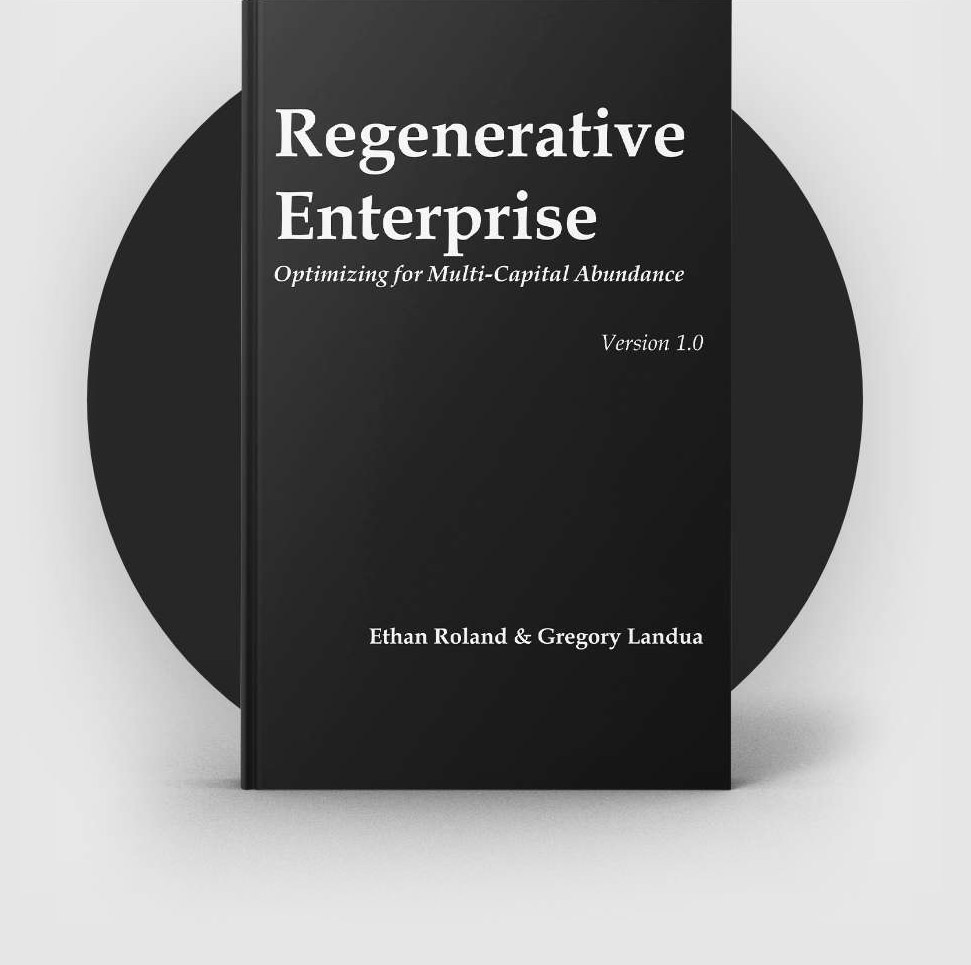Regenerative Enterprise Part 1: Global Degradation
According to the Millennium Ecosystem Assessment, more than 60% of global ecosystem services are being degraded or used unsustainably.2 The basic ecosystem functions that supply what humans and other species require to survive are crumbling around us: from the provisioning of food, water, fiber and fuel to the regulation of climate, floods, droughts, and diseases. The breakdown of ecosystem services threatens countless species with extinction – projected extinction rates in the next 40 years are between 10,000 – 100,000 times that of the historical record.3
This degradation of ecosystems is also causing significant harm to human well-being around the world.4 Loss of land- and sea-based livelihoods due to ecosystem degradation cost billions of dollars each year, levels of poverty remain high, and inequities are growing. Many people still do not have a sufficient supply of or access to ecosystem services,5 especially in vulnerable coastal, island, and tropical areas of the planet. Many of the trends in degradation will be exacerbated by rapid climate change we are experiencing. The Intergovernmental Panel on Climate Change Special Report on Extreme Weather predicts an overall increase in droughts, floods, heat waves, and hurricanes around the world. These extreme events will incur billions of dollars in damages and untold harm to human health and well-being, especially in coastal areas.6 In 2012, exceptional drought and ‘super storm’ Sandy grounded these severe warnings into reality, even in the financially affluent United States.
Culturally, we are also living in a time of rapid degradation. The world’s languages are disappearing at a rate even faster than that of biological diversity, with some estimating that 90% of all existing languages (nearly 7000) will be either dead or moribund within the century.7 With many of the unique beliefs, stories, songs, seeds, and foods connected to each language disappearing, this loss of languages represents an incredible loss of culture.
Many of these languages are spoken by indigenous peoples, whose lands and lifeways are threatened on a daily basis by our current extractive global society. A recent World Wildlife Fund study named the 200 places on earth that have the highest and most fragile biodiversity, and found that 95 percent of them are on Indigenous territories.8 Yet those same Indigenous lands are routinely raided for minerals, timber, farmland, oil, and other resources. Governments give industries concessions to use Indigenous land without ever consulting the Indigenous groups who live there, and in almost no case do Indigenous
Peoples benefit from the financial income generated by this activity.9
As cultures and ecosystems degrade around us on a global scale, some of the worst effects harm the world’s poorest people and are sometimes the principal factor causing poverty.10 This is painfully and graphically illustrated in India, where each year thousands of farmers who depend on healthy productive ecosystems are committing suicide because of economic, social, and environmental factors exacerbated by degraded ecosystem services.11
In this context of ecological and cultural degradation, one trend seems to be heading in the opposite direction: There is exponentially more money in existence than there ever has been before.12 Ecosystems are degrading at increasing rates, and the amount of money is increasing – what’s going on here?
Excerpt from:
Regenerative Enterprise: Optimizing for Multi-Capital Abundance by Ethan C. Roland & Gregory Landua
2 Millennium Ecosystem Assessment. Ecosystems and Human Well-being:Synthesis. Washington, DC: Island Press, 2005.
3 ibid
4 ibid
5 ibid
6 Intergovernmental Panel on Climate Change. “Managing the Risks of Extreme Events and Disasters to Advance Climate Change Adaptation (SREX).” Geneva, June 2012.
7 Comrie, Bernard, Stephen Matthews, and Maria Polinsky, eds. The Atlas of Languages: The Origin and Development of Languages Throughout the World. New York: Quarto Inc., 1996.
8 Cultural Survival, Inc. Cultural Survival. Web. Accessed 16 Dec. 2012.
9 ibid
10 Millennium Ecosystem Assessment. Ecosystems and Human Well-being: Synthesis. Washington, DC: Island Press, 2005.
11 “Farmers’ Suicides in India.” Wikipedia, The Free Encyclopedia. Wikimedia Foundation, Inc. Accessed 7 Dec. 2012.
12 Steffen, Will, et al. Global Change and the Earth System: A Planet Under Pressure. Berlin: Springer, 2004.
©2013 Ethan C. Roland & Gregory Landua. All Rights Reserved.
